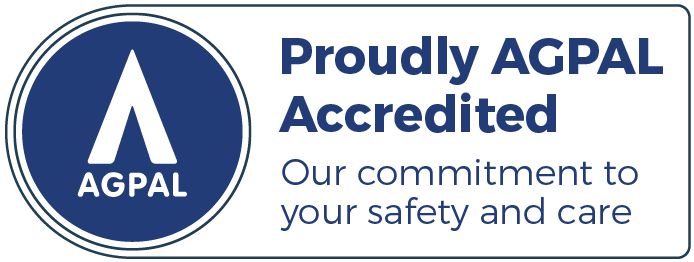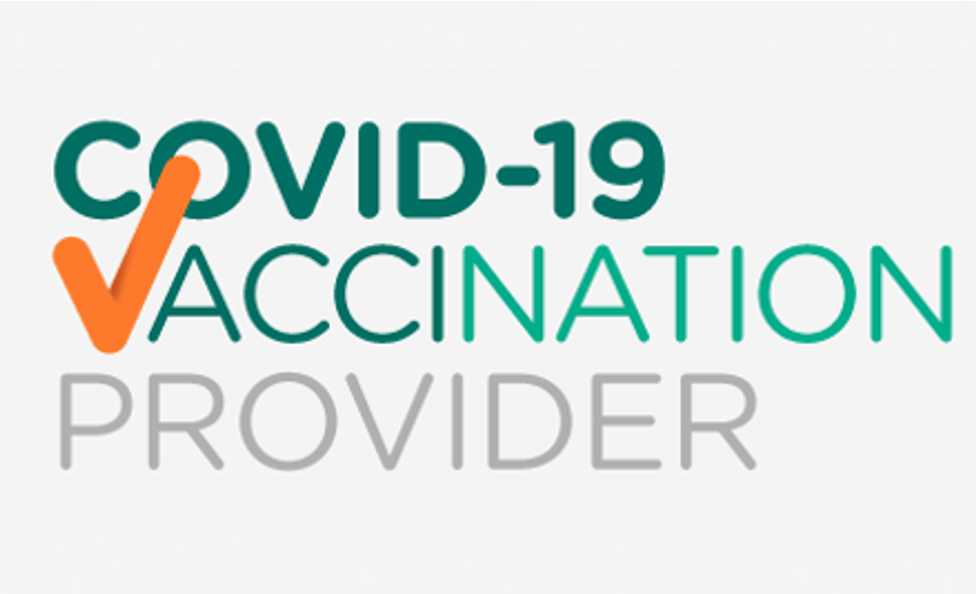
Sexual Health Screening
What is a Sexual Health Screening?
Also known as a sexual health check-up or STD/STI testing, involves a series of tests and examinations to assess an individual's sexual health status and detect the presence of sexually transmitted infections (STIs) or diseases (STDs).
The specific tests and procedures involved can vary based on factors like sexual activity, personal history, and medical guidelines. Here's a general overview of what might be involved in a sexual health screening:
- Medical History Discussion: Your healthcare provider will start by asking you about your sexual history, including the number of sexual partners, types of sexual activity (vaginal, anal, oral), and any symptoms you might be experiencing. This information helps them determine which tests are appropriate for you.
- Physical Examination: A physical examination might be conducted, including a visual inspection of your genital area to check for any visible signs of infections, rashes, or other abnormalities.
- STI Tests: The specific tests can include:
- Blood Tests: Blood tests can detect certain infections like HIV, syphilis, and hepatitis B and C.
- Urine Tests: Urine samples might be taken to test for infections like chlamydia and gonorrhea.
- Swab Tests: Swabs might be taken from the genital area, throat, or rectum to test for infections like chlamydia, gonorrhea, and HPV.
- HIV Testing: HIV testing might involve a blood test that detects antibodies to the virus. Rapid tests can provide results in a short time, while standard tests might take a few days for results.
- Syphilis Testing: Syphilis can be detected through blood tests, which look for antibodies produced in response to the infection.
- Hepatitis Testing: Blood tests can identify hepatitis B and C infections, which affect the liver.
- HPV Testing: For individuals with a cervix, HPV testing might involve a Cervical Screen, which checks for changes in cervical cells that could indicate an HPV infection.
- Education and Counseling: During the screening, healthcare providers might offer information about safe sex practices, STI prevention, and ways to reduce the risk of transmission.
It's important to note that the tests and procedures can vary based on individual circumstances, such as gender, sexual practices, and medical history. It's recommended to have regular sexual health screenings, especially if you're sexually active with multiple partners or if you've engaged in unprotected sex.
Remember that sexual health screenings are confidential, and healthcare providers are trained to offer non-judgmental and supportive care. If you have concerns about your sexual health, it's advisable to consult a healthcare professional who can provide personalized guidance based on your situation.
You can book an appointment with any of our doctors for a sexual health check up


